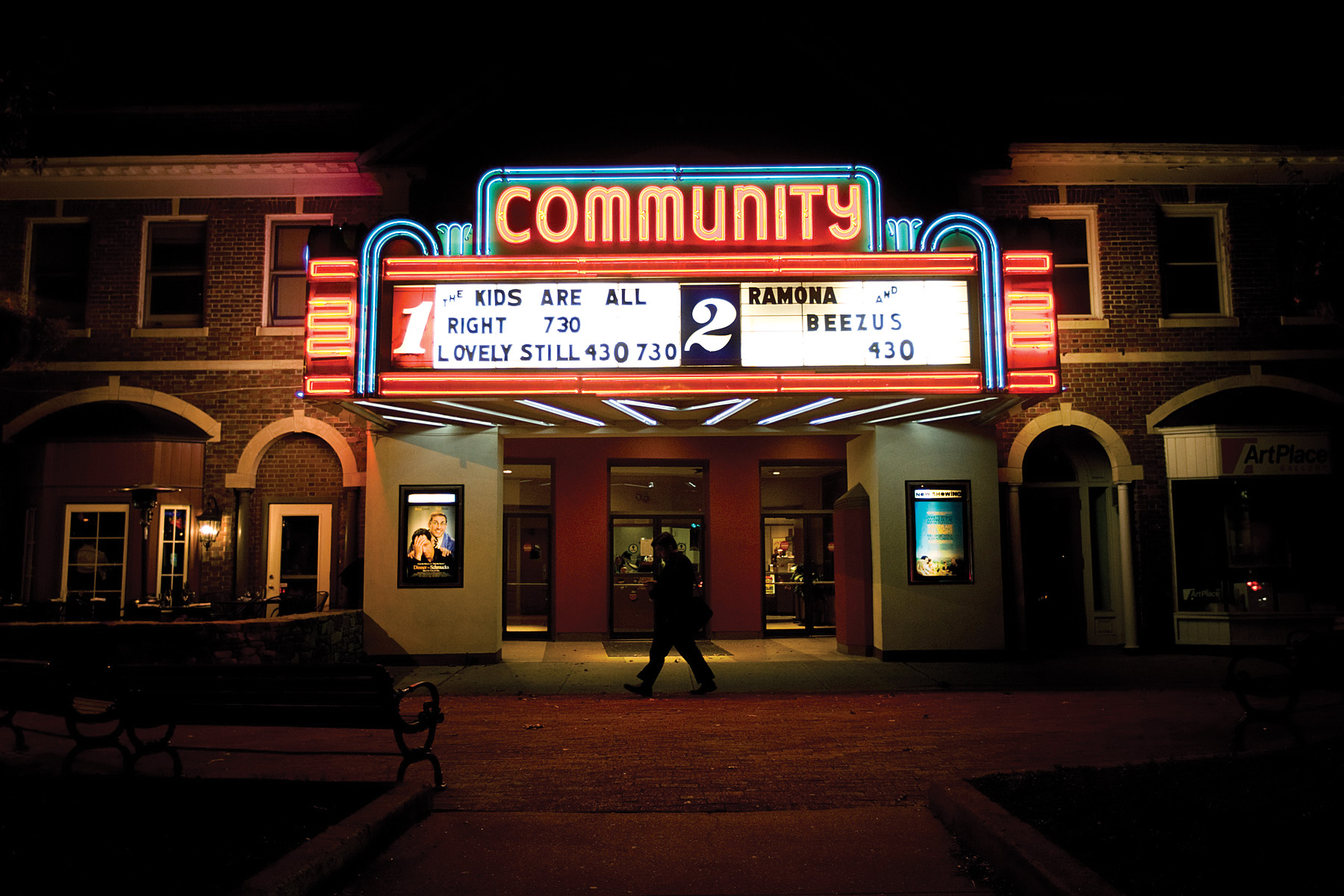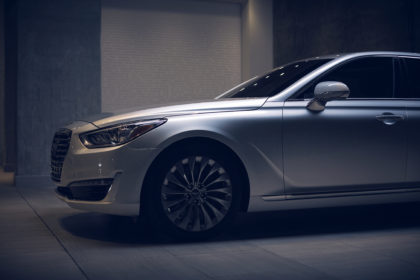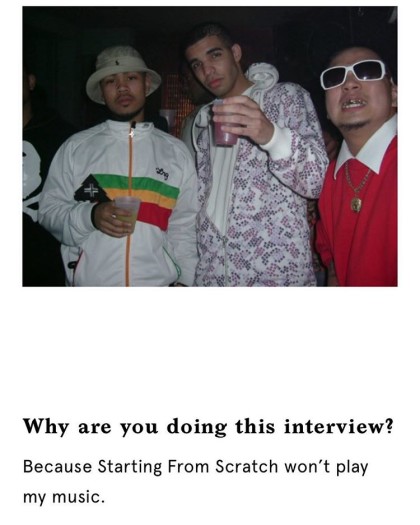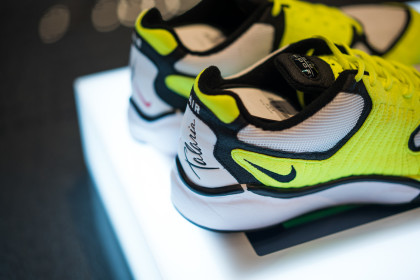
Kodak Comeback?
Film manufacturing heavyweight Kodak announced this week that for the first time in nearly a decade- it’s breaking even. And thanks to directors like Quentin Tarantino, JJ Abrams and other well-known analog advocates who shoot primarily in film, the last ever motion picture film manufacturer will likely be profitable in the new year.
New technology can certainly make a company change its directions fast, especially if it can’t keep up with other businesses. Now, it’s not necessarily true that Kodak was playing it safe, they simply wanted to keep their roots in film. It was actually in 1975 that one of their employees invented the first digital camera sensor- they just never allowed it to see the light of day. Although their plan backfired on them as the years of digital growth passed by- the company still hopes to have a comeback.
As any film enthusiast will let you know, analog production tends to give an extra dimension to 2-D images that highlight the overall mood of the film. This is probably why it’s so widely copied in the digital world. You may not be able to discern the difference, but “purists” and enthusiasts will always have a certain type of respect for those practices.
There is another issue with film though. It’s meant to be seen on a silver screen in order to get the full intended experience. With new empires such as Netflix dominating the movie market, it’s been up to competitors, such as movie theatres, to find more attractive options to get customers back. It doesn’t have to be a new tactic either. As Quentin Tarantino hopes to prove, sometimes you just have to take it back to how things used to be.
On Christmas day, Quentin Tarantino is rolling out an old-school travelling ‘roadshow’ release of his latest movie, H8teful Eight, in 70mm film. Roadshow releases haven’t been popular since the 1970s, but they do make going to see a movie more of an experience than if you were sitting on your couch watching your television. You usually dress up, have reserved seating, are given souvenir programs, and even treated to unreleased footage. The best part though, is that there is an intermission, allowing you to engage in social dialogue about the film and share a more personal experience.
Regardless of your preference for film or digital- for the general public, the point of going to the roadshow screening is more about playing up the experience of going to the movies. Both film and digital movies have their quirks, so experience them both as you will!
Film manufacturing heavyweight Kodak announced this week that for the first time in nearly a decade- it’s breaking even. And thanks to directors like Quentin Tarantino, JJ Abrams and other well-known analog advocates who shoot primarily in film, the last ever motion picture film manufacturer will likely be profitable in the new year.
New technology can certainly make a company change its directions fast, especially if it can’t keep up with other businesses. Now, it’s not necessarily true that Kodak was playing it safe, they simply wanted to keep their roots in film. It was actually in 1975 that one of their employees invented the first digital camera sensor- they just never allowed it to see the light of day. Although their plan backfired on them as the years of digital growth passed by- the company still hopes to have a comeback.
As any film enthusiast will let you know, analog production tends to give an extra dimension to 2-D images that highlight the overall mood of the film. This is probably why it’s so widely copied in the digital world. You may not be able to discern the difference, but “purists” and enthusiasts will always have a certain type of respect for those practices.
There is another issue with film though. It’s meant to be seen on a silver screen in order to get the full intended experience. With new empires such as Netflix dominating the movie market, it’s been up to competitors, such as movie theatres, to find more attractive options to get customers back. It doesn’t have to be a new tactic either. As Quentin Tarantino hopes to prove, sometimes you just have to take it back to how things used to be.
On Christmas day, Quentin Tarantino is rolling out an old-school travelling ‘roadshow’ release of his latest movie, H8teful Eight, in 70mm film. Roadshow releases haven’t been popular since the 1970s, but they do make going to see a movie more of an experience than if you were sitting on your couch watching your television. You usually dress up, have reserved seating, are given souvenir programs, and even treated to unreleased footage. The best part though, is that there is an intermission, allowing you to engage in social dialogue about the film and share a more personal experience.
Regardless of your preference for film or digital- for the general public, the point of going to the roadshow screening is more about playing up the experience of going to the movies. Both film and digital movies have their quirks, so experience them both as you will!




